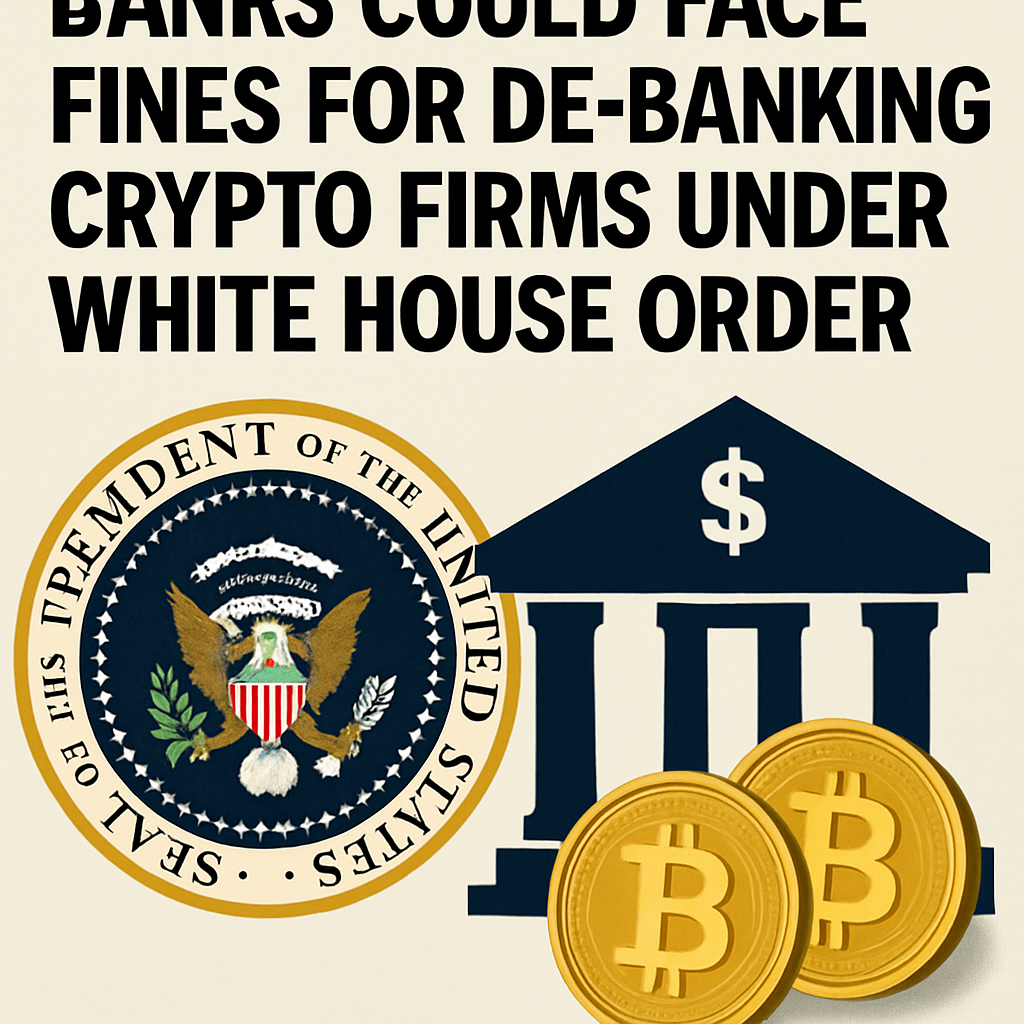The White House has prepared a draft executive order aimed at penalizing banks that terminate customer relationships on political or ideological grounds. The document instructs banking regulators to assess whether financial institutions have violated provisions of the Equal Credit Opportunity Act, antitrust laws or consumer protection statutes. Institutions found in breach may be subject to monetary fines, consent decrees or other regulatory penalties.
The order specifically directs the Small Business Administration to review bank loan guarantee practices, highlighting the significance of this area for blockchain startups and conservative nonprofit organizations. Regulators will be empowered to refer identified cases directly to the Department of Justice, bolstering enforcement options. The announcement follows concerns that banks have quietly cut ties with emerging sectors, including digital asset firms, amid heightened compliance scrutiny.
While the order does not single out any institutions by name, it references a 2023 case in which Bank of America closed the accounts of a Uganda-based charity, attributing the decision to a policy against servicing certain overseas entities. The draft also cites internal bank policies that allegedly contributed to customer exclusions following the Jan. 6 Capitol events. Industry sources indicate that the final version of the order could be signed within days, subject to administrative delays.
The banking sector has defended prior de-banking measures as necessary risk management under anti-money-laundering regulations and counterterrorism financing requirements. Financial institutions have pointed to rigorous know-your-customer protocols and transaction monitoring standards as justifications for terminating relationships with certain clientele. However, the draft order calls for the elimination of internal guidelines that restrict services based on reputational risks or ideological factors.
If enacted, the order would constitute a significant policy shift in the regulation of banking services, addressing long-standing complaints about financial discrimination from conservative groups and technology startups. The move may prompt revisions to internal bank compliance frameworks and influence future legislation concerning access to financial services for digital asset enterprises.

Comments (0)